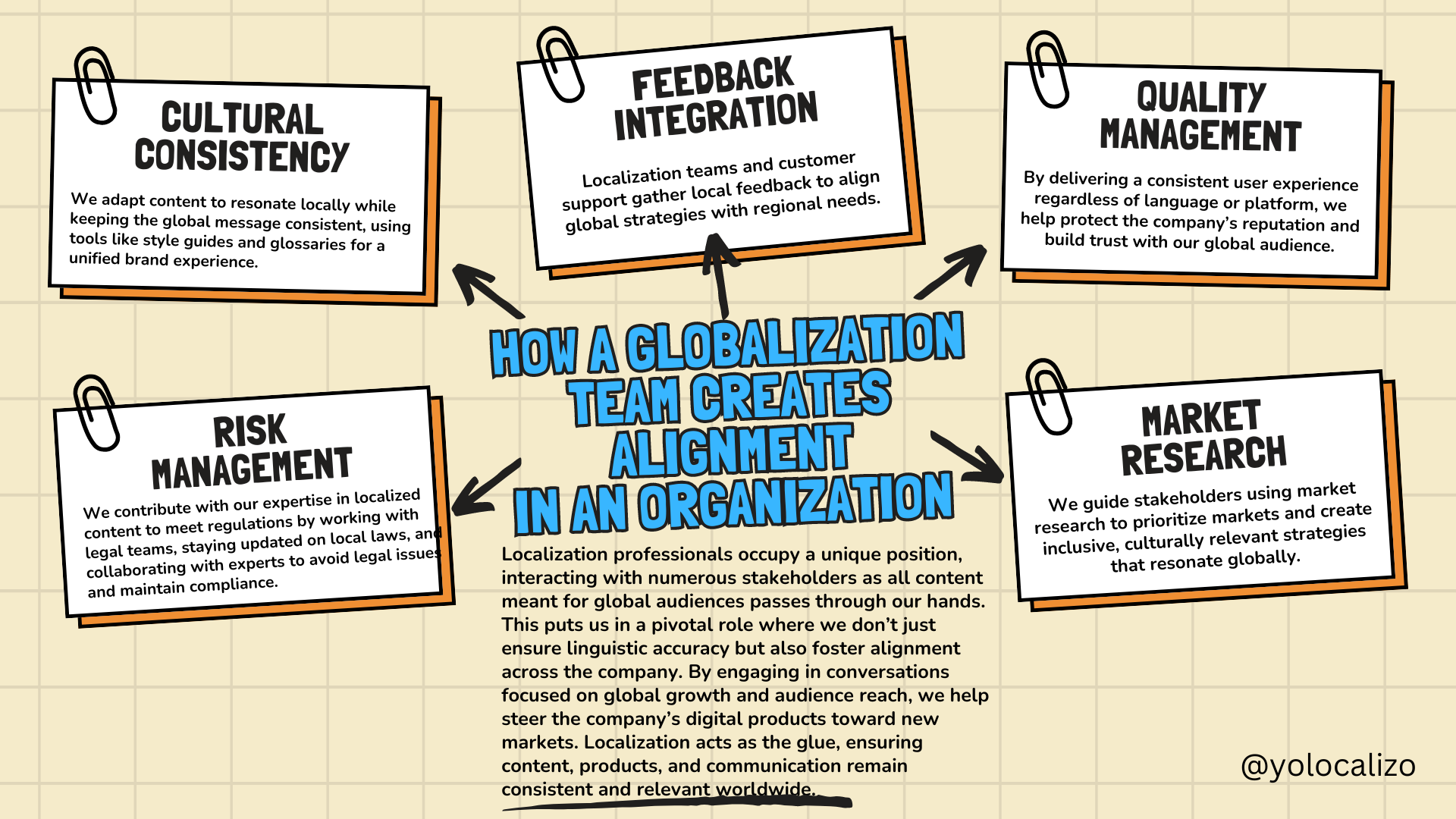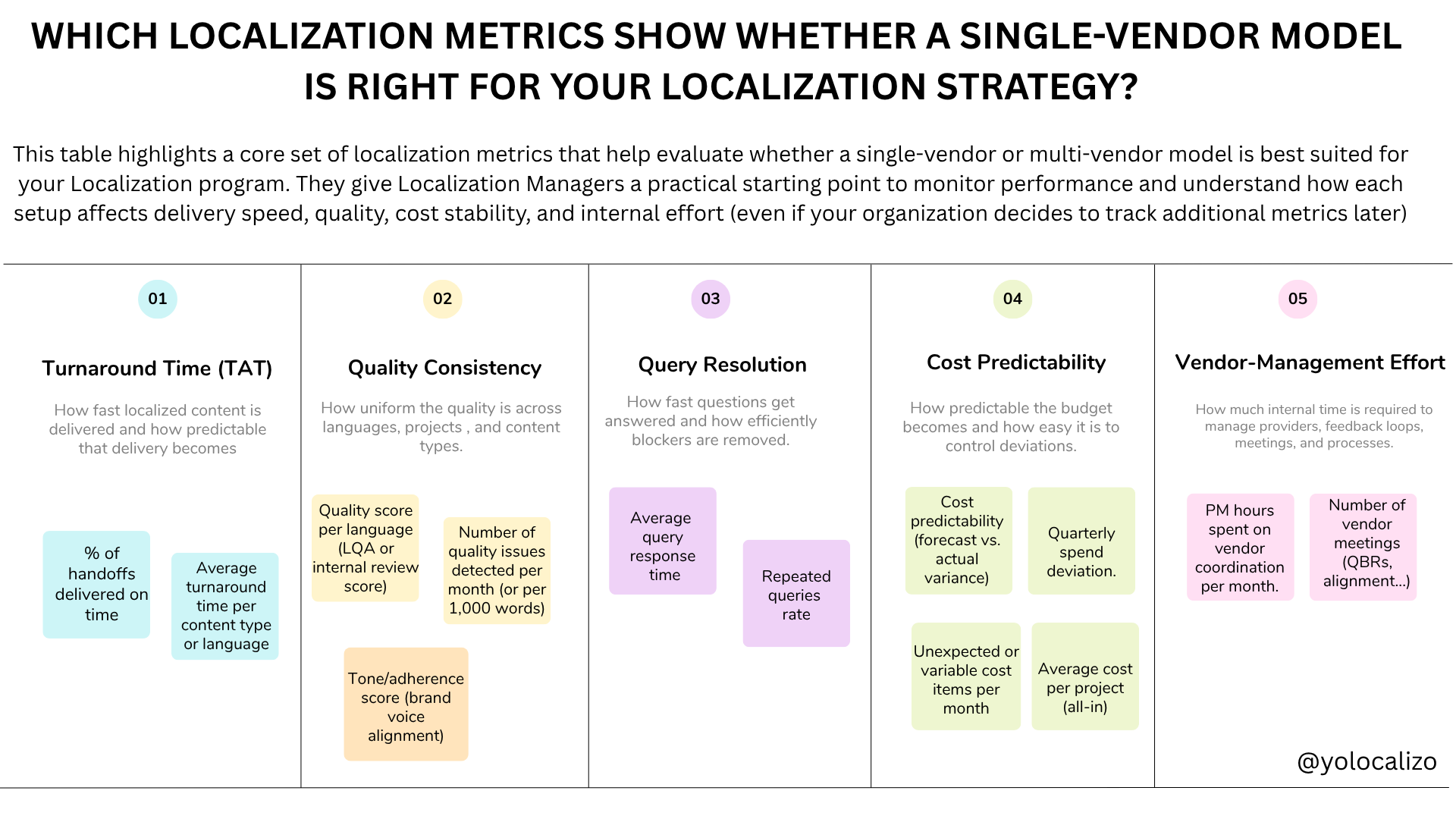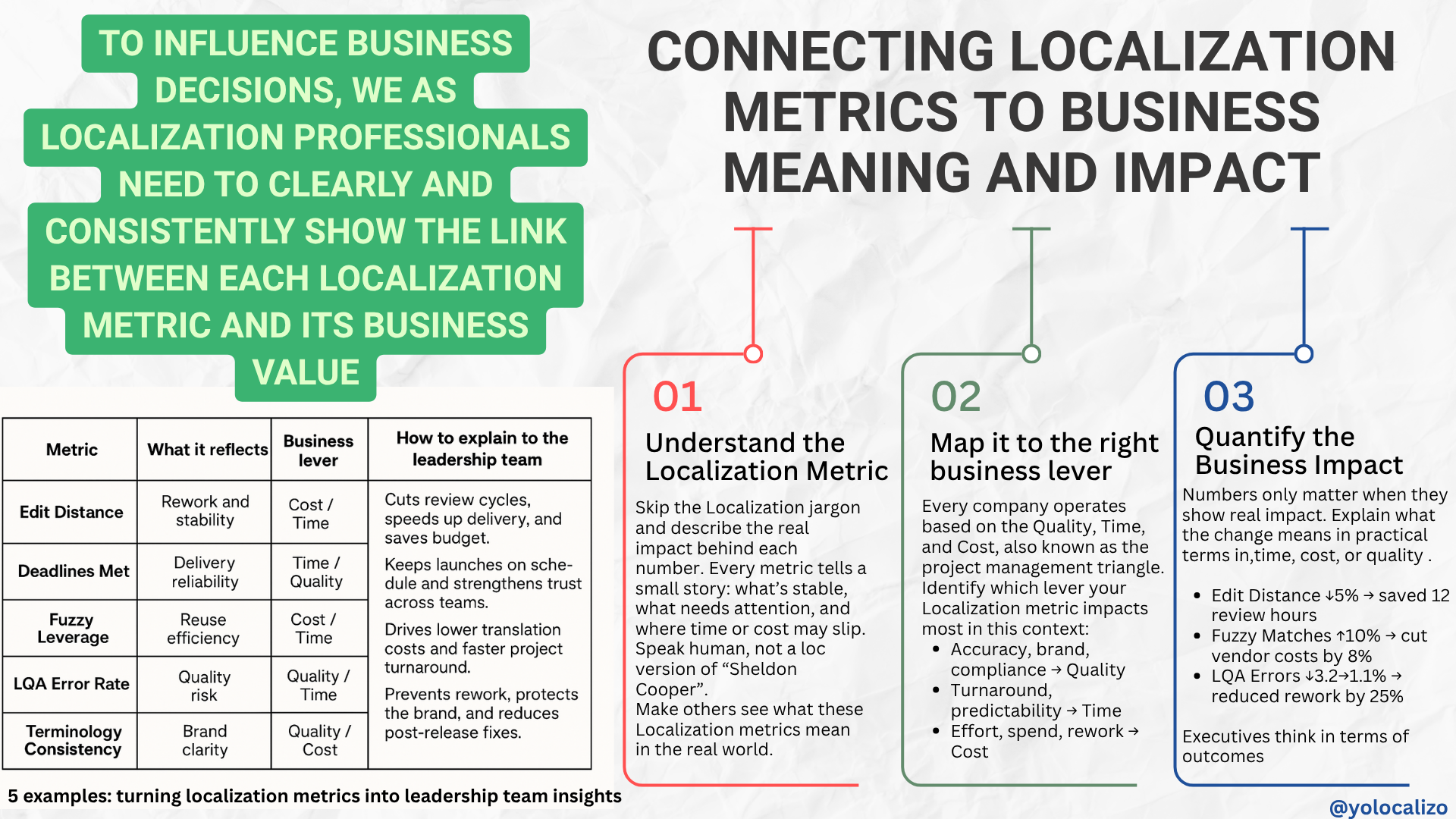No Rules rules, is it possible or just wishful thinking?
No Rules Rules is a book I wanted to read for a couple of reasons.
The first is to understand better what things Netflix did right to go from practically bankrupt when Blockbuster refused to buy it to become the giant it is today. The second is that Erin Meyer is a co-author of the book.
Ever since I read Erin's work, The Culture Map has been a relevant topic for me in our industry. A book explaining Netflix culture and Erin explaining her vision of Netflix culture was an exciting reading proposal.
Before starting with the summary of the book, it is convenient to become familiar with the Netflix culture, something that we can do thanks to the deck that Netflix made public for the whole world a few years ago, and that caused a great stir in Silicon Valley.
The culture at Netflix was that of valuing people over process, emphasizing innovation over efficiency, and having few controls, a culture where No Rules Rules
Despite all the aggressive confrontational view of the culture deck, employees, investors, and customers seemed to love Netflix for their culture
Let’s go with the summary!
Build up talent density
Netflix was launched in 1998 as the world’s first online DVD rental store with 30 employees and 925 movie titles; they later went on to have 120 employees
In 2001, during the dot-com crisis, Netflix was forced to lay off employees. They decided to divide the staff into two piles; the 80 best performers who they would retain and the 40 less amazing ones they would let go.
Reed was apprehensive of the impact of the layoffs if that would affect the morale of the existing employees. However, during the Christmas season, they noticed that they were doing far more work, more passionately with 30% fewer employees
A company with really dense talent is where everyone wants to work high performers thrive in environments where the overall talent density is high.
For top performers, a great workplace is not about a lavish office, a beautiful gym, or a free lunch; but it is about the joy of being surrounded by people who are both talented and collaborative.
Their policy was clear. Hire the very best employees and pay at the top of the market. And coach the managers to have the courage and discipline to get rid of any employees who were not extraordinary
When giving and receiving feedback is common, people learn faster and are more effective at work.
High Performance + Selfless candor = Extremely high performance
At Netflix, it is tantamount to being disloyal to the company if you fail to speak up when you disagree with a colleague or have feedback that could be helpful.
Netflix promotes not just candid feedback but also frequent feedback which increases the chances that you will hear something hurtful
Receiving bad news about your work triggers feelings of self-doubt, frustration, and vulnerability. Your brain responds to negative feedback with the same fight-flight reactions of a physical threat, releasing hormones and heightening emotions
Feedback
4A Feedback Guidelines.
Giving Feedback
Aim to Assist – feedback must be given with positive intent – clearly explaining how a specific behavior change will help in individual or the company not how it will help you
Actionable – feedback must focus on what the recipient can do differently
Receiving Feedback
Appreciate - Ask yourself “how can I show appreciation for this feedback by listening carefully, considering the message with an open mind, and becoming neither defensive nor angry”
Accept or Discard – You are required to listen and consider all feedback provided; you are not required to follow it. Say thank you with sincerity
Pay top of Personal market
In most organizations, there are some great employees and some just okay ones. At Netflix, everyone is a high performer, and you go into the meetings, it is like the talent and the brainpower could generate the office electricity.
People are challenging one another, building up arguments and each of them is practically smarter than Stephen hawking. It is this high talent density at Netflix that drives the Netflix engine to success.
The Rockstar principle research has it that the best programmer outperforms the average counterpart by a factor of two or three; the best guy twenty times faster in coding, twenty-five times faster at debugging, and ten times faster at program execution.
The choice they had was to hire 10-15 average engineers or hire 1 Rockstar and pay significantly higher than what others are paid.
Open the Books
According to a study, an average person keeps thirteen secrets, five of which he or she has never shared with anyone else. A typical manager has much more
Secrets, which could involve violation of trust, financial impropriety, a lie, hidden relationship, etc takes a psychological toll in terms of stress, anxiety, depression, and low self-esteem.
When secrets are shared, the trust, confidence, and loyalty in the receiver goes up many times. There is no better way to build trust quickly than to shine a light directly on a would-be secret
Transparency is taken to such heights that information such as sharing of quarterly financial data to employees before making them public or possible organizational restructuring, or communication-related to terminating an employee, or when as a CEO you screw up on your recruits and own responsibility for it – _are all out in the open. They talk of whisper wins and shout mistakes.
No decision-making approvals needed
In most companies, the boss is there to approve or block the decision of employees. This is a sure-fire way to limit innovation and slow down growth.
Netflix strives to develop good decision-making muscles everywhere in the company and they pride on the fact that senior management is involved in making only a few decisions
Dispersed decision-making can only work with high talent density and high amounts of organizational transparency
The Netflix Innovation Cycle talks of four steps o “Farm for dissent” or “socialize” the idea
For a big idea, test it out
As the informed captain, make your bet
If it succeeds, celebrate.
If it fails, sunshine it
It is disloyal to Netflix when you disagree with an idea and do not express the disagreement. By withholding your opinion, you are implicitly choosing not to help the company.
Farming for dissent is about actively seeking out different perspectives before making any major decision. Different opinions could be through
Ask what learning came from the project – be candid about your failed bets and talk about the learning
Don’tmake a big deal about it. When a bet fails, the manager must be careful to express interest in the takeaways, but no condemnation nobody will scream, and nobody will lose his job
Sunshine the failure - They believed, when you sunshine your failed bets, everyone wins – _it is about learning, and taking responsibility for your actions.
Netflix believed in celebrating it; if an idea blooms, and sunshine it if it fails. For projects/ ideas that don’t succeed, they had a three-part response
The Keeper Test
Netflix did not want people to see their jobs as a lifetime arrangement. A job is something you do for that magical period of time when you the best person for the job and that job is the best position for you
Once you stop learning or stop excelling, that is the moment for you to pass on that spot to someone else who is better fitted for it and to move on to a better role for you
They found a professional sports team as a good metaphor for high talent density since athletes o Demand excellence making sure every position is filled by the best person at any given time
Train to win expect to receive candid and continuous feedback about how to up their game from the coach and from one another
Know effort isn’t enough and putting in a B performance despite an A for effort they will be thanked and swapped for another player
For people who value job security over winning championships, Netflix is not the right choice and they are very clear and non-judgemental about it.
A Circle of feedback
There is one Netflix guideline that if practiced religiously would force everyone to be either radically candid or radically quiet
Only say about someone what you will say on their face
Candour is like going to the dentist. Even if you brush your teeth daily, you may still miss some uncomfortable spots.
Netflix established regular mechanisms so that critical feedback is given at the right time.
They did not favor the performance reviews since the feedback was only one way and from one person.
They came out with a 360 review with the employee listing out names of those whom he/she wanted to receive feedback from. This was filled out anonymously across a series of categories rating the employees on a scale of 1-5 with a Start, Stop, Continue format to ensure there was concrete, actionable feedback.
Reed came up with a Live 360 feedback, which was more like Speed feedback each pair gave one another feedback using the “Start, Stop, Continue” method. Once all the members were covered, they had a group discussion on what they learned during the feedback
Lead with Context, not Control
Leadership with control is familiar; the boss directs the initiatives, actions, and decisions of the team, gives some freedom to the team, but has overall control
Leading with Context gives considerably more freedom to the employees. As a leader, you provide all the information you can so that your team members can make great decisions and accomplish their work without oversight or process controlling their actions.
The benefit is that the person builds the decision-making muscle and makes better independent decisions
However, Leading with Context requires that you have a high talent density.
A great example of differentiating the Leading with Control and Leading with Context is how you treat your teenage son going out to party on Saturday nights; monitor him every half hour till he comes home or explains to him the dangers of drinking and driving and once he understands, let him go without any process or oversight.
A second key question to consider to lead with context or with control is whether the goal is error prevention or innovation. If the focus is on eliminating mistakes, control is best. If the focus is on innovation, it is best to lead with context, encourage original thinking and not telling employees what to do
A third criteria to consider is whether the system is loosely or tightly coupled. In a tightly coupled system, the various components are intricately intertwined, and making changes to one of the systems may impact the entire system. In a loosely coupled system, there are few interdependencies between the component parts making the entire system flexible
In a tightly coupled system, you will have to work with the top leaders to change the organizational approach before trying to lead with context at a lower level. However strategic change is easily aligned throughout the organization.
For loose coupling to work effectively, with big decisions made at the individual level, the boss and the employees must be in complete agreement; loose coupling only works if there is a clear shared context between the boss and the team
Netflix believed in the motto that “when one of your employees does something dumb, don’t blame them. Instead, ask yourself what context you have failed to set. Are you articulate and inspiring enough in expressing your goals and strategy? Have you clearly explained all the assumptions and risks that will help your team to make good decisions? Are you and your employees highly aligned on the vision and objectives?
In most organizations, we find the pyramid decision-making structure; the boss makes the decision and pushes it down or those at lower levels make smaller decisions and leave the big ones to the top management.
At Netflix, the informed captain is the decision-maker, not the boss. The boss’s job is to set the context that leads the team to make the best decisions in the organization. This type of decision-making is more like the tree with the CEO sitting at the roots and the informed captain at the top branches making the decisions.
My 5 key takeaways of the book
Netflix succeeds because of its unique company culture. This unique company culture is composed of the following components.
Hight Talent Densinsity's working policy makes employees perform at their very best. Reed Hastings, CEO of Netflix, explains how Blockbuster turned them down and was forced to make numerous layoffs. He was left with only a handful of employees, which he considered the best without a doubt. A curious thing happened then, this group of employees managed to get through a massive amount of work. This is where the concept of High Talent Density, hire the best and keep only the best, was forged.
Radical Candor (feedback) helps Netflix employees to get better (even if it can be difficult to hear)
Get rid of useless policies (i.e., no vacation policies), so employees can feel trusted and hold them accountable.
Pay top salaries; top employees are priceless.
Lead with context. Set the boundaries but let your team makes the decision. As a leader, you provide all the information you can so that your team members can make great decisions and accomplish their work without oversight or process controlling their actions.
Conclusion
Netflix's approach is clearly not applicable to all companies, all industries, or all teams. But it is still a good read that makes you think about the concepts of excellence, feedback, teamwork, and the right way to lead.














This feels like a pivotal moment. Localization teams are being asked to support more markets, move faster, use AI responsibly, and show impact, not just output. Expectations are higher than ever, but many teams are still trained mainly for execution. We are strong at delivering localization work, yet we often struggle to move from output to outcome and to clearly explain the impact of what we do.